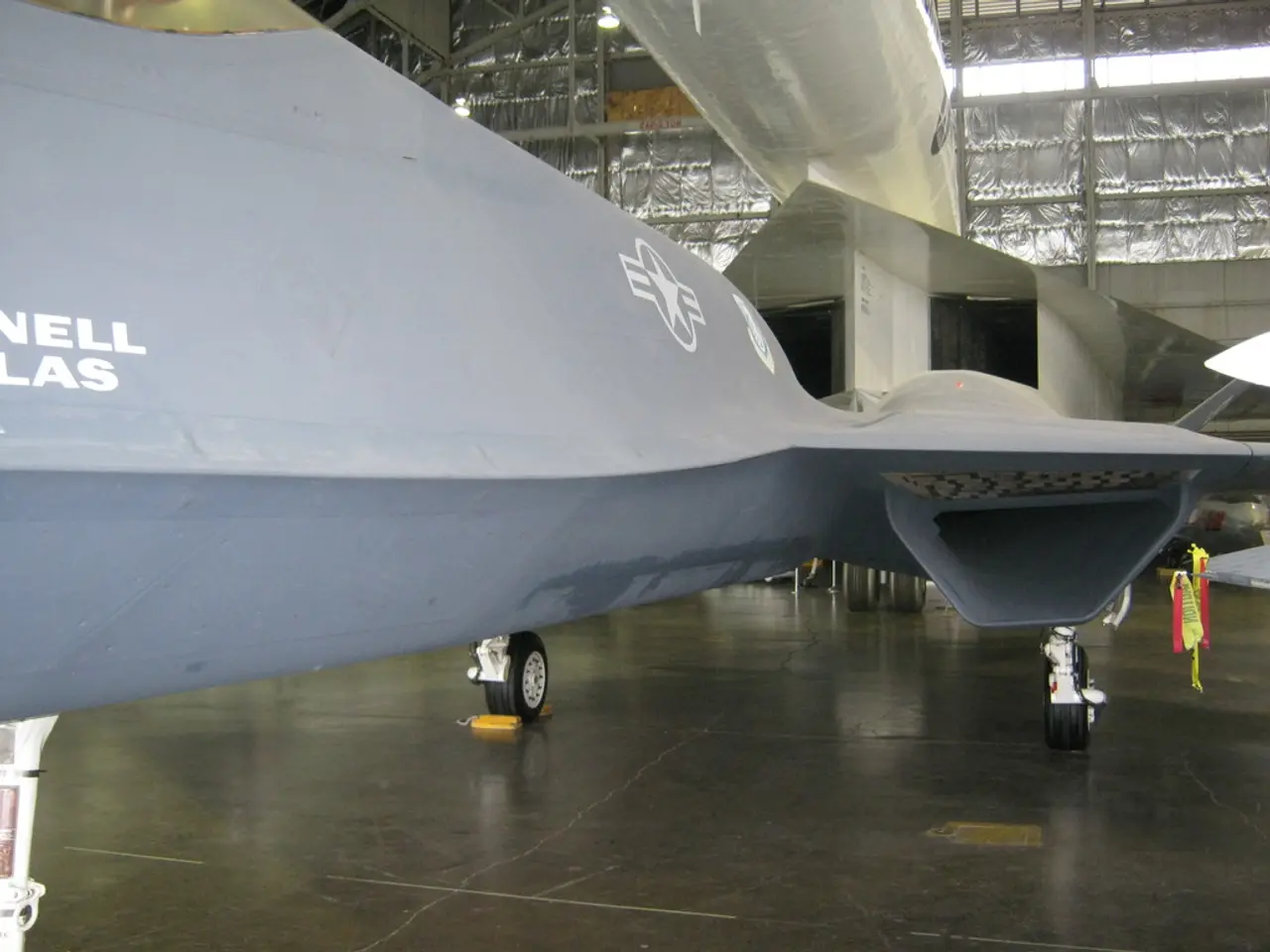Increase in AI usage necessitates a careful balance between personalization and clarity
In the ever-evolving landscape of the airline industry, Delta Air Lines is leading the charge with its innovative AI pricing model. This advanced system, which generates personalised ticket prices for individual travellers, is a prime example of the growing influence of Artificial Intelligence (AI) in the hospitality sector.
The AI-driven pricing model is part of Delta's broader strategy to enhance customer experiences. By the end of the year, the airline aims to determine 20% of ticket prices using this technology. This move signifies the aviation sector's acclimatisation to increased AI across operations.
However, the use of AI in pricing raises concerns about potential bias and lack of transparency. To address these issues, Delta prioritises transparency, educating passengers about how pricing is determined by providing a clear breakdown of factors that influence ticket prices. This approach not only builds trust but also shows that the company's tech investments aren't just surface-level innovations, but part of a broader commitment to trust and transparency.
To create a unified, comprehensive 'golden customer profile', Delta integrates insights from sales, marketing, customer service, and transactions. This includes booking and flight patterns, mobile app and website usage, loyalty program information, and demographic and survey metrics. This holistic approach eliminates silos, consolidates data, and builds complete, actionable profiles, enabling the airline to offer value-driven upsells, such as lounge access during delays to build goodwill.
The potential for innovation in AI is exciting, but it raises questions about balancing digital progress with customer expectations and apprehensions. As oversight agencies increasingly monitor AI usage in consumer industries, airlines can adopt compliance frameworks now to set a high standard for fair practices and avoid potential legal challenges.
United Airlines is also embracing AI, with plans to integrate it into a variety of processes and systems, including pricing models, customer service, and flight operations, as part of its international expansion and growth strategy. Yet, as the industry adjusts to AI, some glitches are surfacing, underscoring the need for continued refinement and ethical considerations.
In conclusion, the use of AI in the airline industry holds significant potential for optimising revenue and enhancing affordability for some passengers. However, it's crucial to address ethical issues, privacy concerns, and potential biases in predictive models to ensure a fair and transparent approach to AI-powered pricing.
Read also:
- Ford Discontinues Popular Top-Seller in Staggering Shift, Labeled as a "Model T Event"
- 2025 Witnesses a 27% Surge in Worldwide Electric Vehicle Sales, Despite Opposition to Electrification Policies in the U.S.
- Summarized Report: Insights from the Realm of Transportation
- Recorded surge in electric vehicle registrations during the initial half of the year








